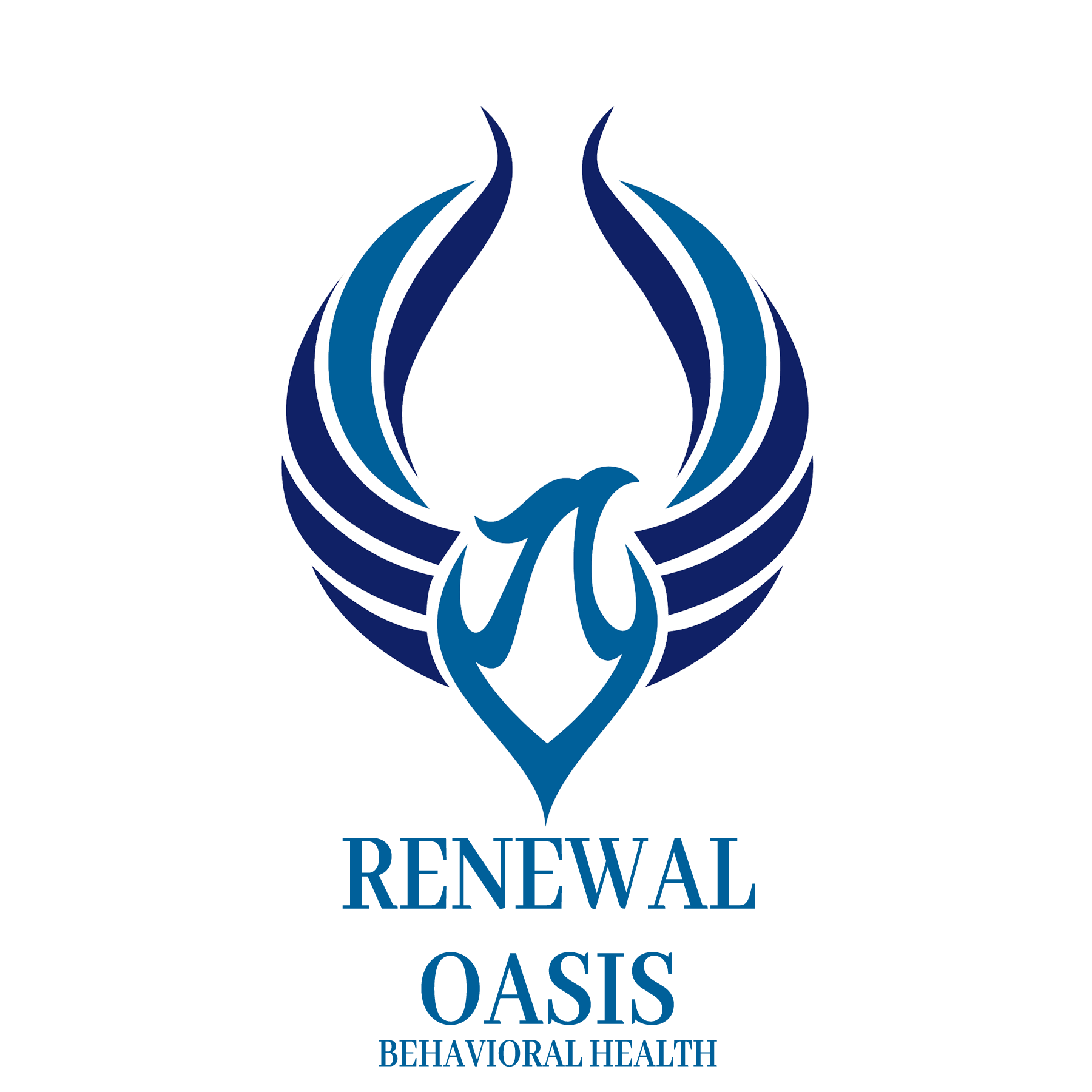Have you heard about bipolar disorder psychosis? Living with bipolar disorder presents daily challenges for the person who experiences it and those who care about them. While many people with this mental health disorder do not experience a full range of symptoms, a lot of them deal with bipolar psychosis.
These types of symptoms can be quite confusing and disconcerting. The sufferer can become a danger to themselves or others when they are unable to distinguish between reality and the complexities of psychotic symptoms. Fortunately, advanced facilities like Renewal Oasis can provide structured care that helps people learn to recognize and better manage symptoms of bipolar psychosis.
What Causes Bipolar Psychosis?
No specific cause has been pinpointed for why a person develops bipolar psychosis. Possible causes include:
- Having a parent or sibling who has bipolar disorder
- Changes in the brain
- Loss of a parent during childhood
- Addiction to drugs or alcohol
- Experiencing neglect, abuse, or other Adverse Childhood Experiences (ACE)
- Exposure to infections while in utero
- Having had or currently having other mental illnesses
Signs & Symptoms of Bipolar Psychosis
While symptoms can differentiate from one individual to another, people experiencing signs of bipolar psychosis typically have cognitive difficulties. They have trouble sorting through their thoughts and feel confused and disconnected from themselves and the world around them. Symptoms also include having auditory and visual hallucinations. When this occurs, the individual rarely can be convinced that the “reality” they are experiencing is, in fact, not real.
Often, a person with bipolar disorder psychosis has bouts of paranoia, as well as guilty feelings. They may also have delusions of grandeur.
Dangers of Bipolar Psychosis
Having bipolar psychosis doesn’t just cause frustration and confusion in the individual and those around them. It can actually be dangerous for both the person with the illness and others. Someone who has developed psychosis as part of their bipolar disorder typically doesn’t understand they are living in an alternative universe, even for a short amount of time.
During a person’s manic phase, psychosis may present as them believing they have special superpowers. This can cause them to attempt dangerous stunts and behaviors because they believe they are invincible. Alternatively, a person in the midst of a depressive episode may develop paranoia and believe someone or something is out to get them or cause them harm. Their attempts to hide or stay safe can prove dangerous to themselves and the people around them.
Finally, people with bipolar disorder psychosis are more likely to act out in verbal and physical aggression, commit criminal acts, and be arrested. They also may experience their depressive episodes in such a heightened state that they prove more likely to attempt suicide.
How is Bipolar Psychosis Treated?
Two approaches to treating bipolar disorder psychosis are typically employed. The first is the use of different types of medication. Common medications include mood stabilizers, antidepressants, and antipsychotics. Antipsychotic drugs prove particularly helpful for those experiencing symptoms of psychosis.
The second approach to treating bipolar psychosis is the use of different types of psychological counseling. Individual therapy gives the person the opportunity to discuss how they experience their illness and what they can do to help gain better control over some of their symptoms. Cognitive Behavioral Therapy (CBT) can help empower people because it helps them open up about their thoughts and behaviors. From there, they can take steps to change how they think and act in a way that reduces some of the problematic symptoms of bipolar psychosis.
Group therapy provides a valuable opportunity for people all struggling with the same mental illness to get together and speak openly. This sort of peer support helps people build bonds in a safe place and enjoy the give and take of working with a small group of people who understand their situation. Family therapy can also provide an opportunity for family members to come together under the guidance of a trained therapist. They discuss the symptoms of bipolar disorder psychosis and learn the most effective ways to support their loved ones.
Benefits of Going to Treatment for Bipolar Disorder and Psychosis
Bipolar disorder proves to be a tricky mental health disorder. As a result, someone seeking help for it should search for a treatment center that understands the intricacies of how a mind affected by bipolar disorder psychosis works. Plenty of benefits come from this type of specialized care. Not only can skilled mental health counselors help individuals understand what their illness is all about, but they can also teach them how to manage some of their symptoms in a way that makes their lives easier.
We also provide the benefit of family therapy. Our therapists supervise family meetings and help each person develop better, more effective communication. Family members who engage in therapy together have an improved opportunity to build strong bonds and rally around their loved ones to offer effective support.
Contact us About Our Treatment Options Today
Living with bipolar disorder psychosis symptoms can make life feel unsure and baffling. Renewal Oasis Behavioral Health in Palm Desert, California employs a staff of highly-trained experts in the field of mental illness. We provide loving and compassionate care designed to help people understand their symptoms and work on improving them. We provide multiple types of therapy and prescription medications to meet the needs of a diverse population.
Are you interested in finding out about the best care available for bipolar disorder psychosis? Contact us today and let us walk you through how our program works.



